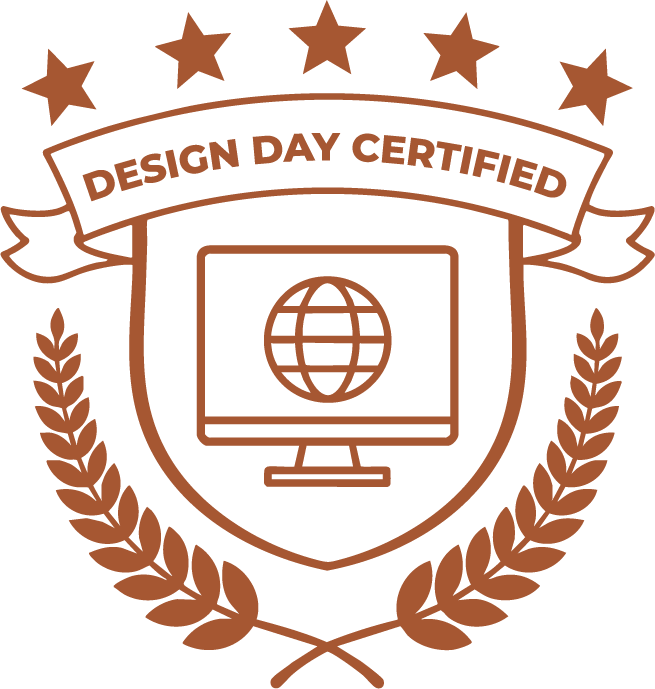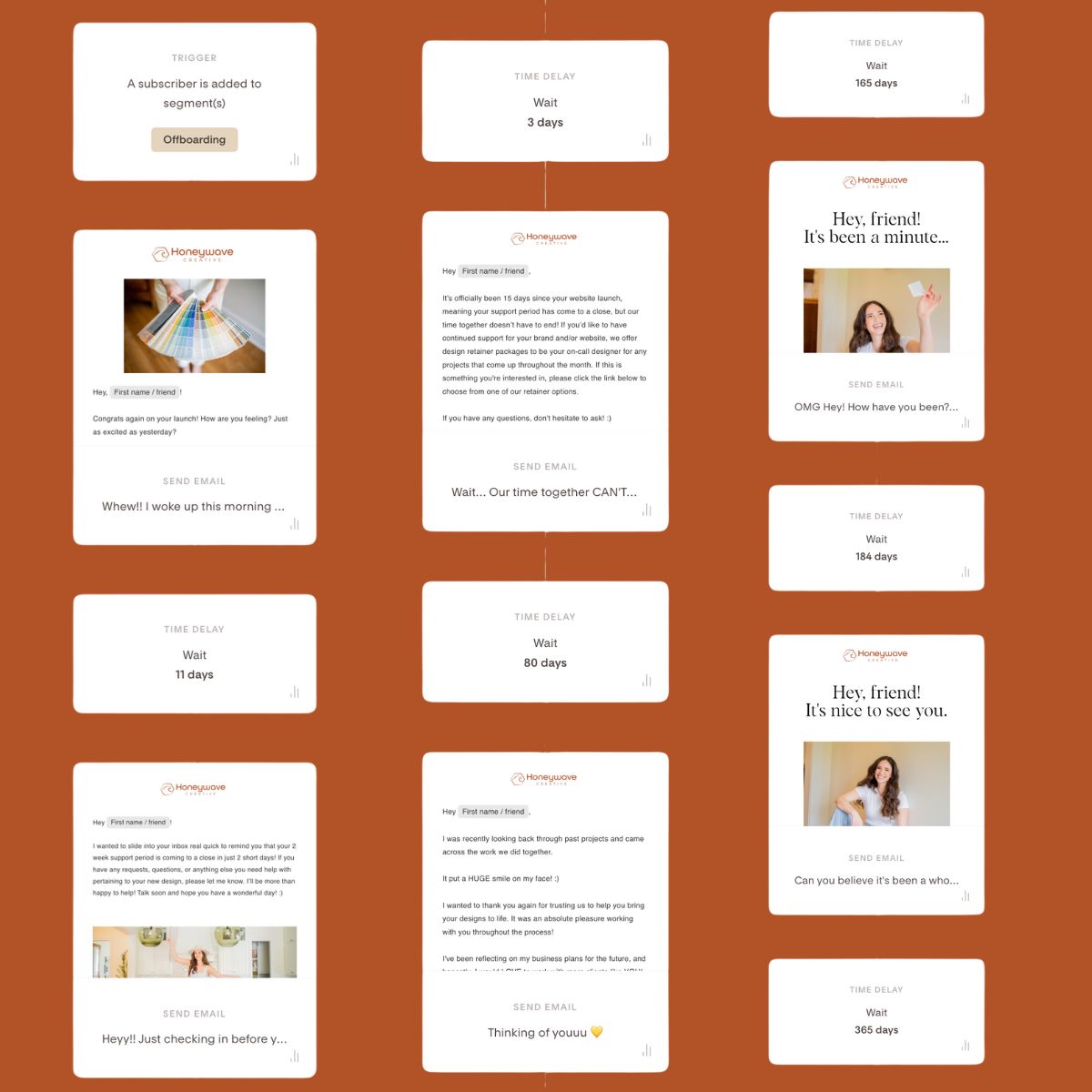
A study completed by the University of Arizona in March 2020 found the average person speaks around 16,000 words a day.
Each word we speak has the potential to leave a mark on the world and the people around us. We must start embodying impactful speaking habits. We need to start using words to inspire action and establish us as a better leader.
Below is a list of 8 words/phrases to remove from your vocabulary. Removing these words will help you ensure the words you speak are impactful to those listening.
“Have to”
Using the phrase have to automatically initiates a negative connotation in your mind. Think about it.
“I have to work out.”
“I have to go to work.”
“I have to go by and see my parents later.”
Anytime you use the phrase have to, you are failing to express your gratitude for the opportunity you have been presented with. You don’t “have to work out.” You get to work out and be healthy and go outside to enjoy the beautiful day. Not everybody has the opportunity to do this.
I have a friend at my gym who, unfortunately, has a great deal of trouble walking. He has to use a cane and is still slow to get around. He made me realize I was overlooking the ability I have to walk. I was telling him about how I was having to walk around the neighborhood in the mornings because the gym had been closed. He looked at me with a smile and said, “Girl, at least you can walk.” This was a quick snap back to reality for me. I didn’t “have to” go on a walk in the mornings. I was getting to go on a walk in the mornings. My friend does not have the option.
This example is the same with almost all situations where we use the phrase have to. We are failing to acknowledge our gratuity for being presented with the opportunity.
“Just”
I often hear people use the word just. I find myself using it as well. It is a poor habit many people have adopted. Just has come to be used as a word exhibiting inability and insignificance.
“I am just a waiter.”
“I just started my business a couple of weeks ago.”
“I will just be a couple of minutes.”
You are not just a waiter, or front desk worker, or whatever position you might claim. You did not just start a business. You ARE the waiter. You ARE the front desk worker. You ARE a business owner who is making a difference in the world around you. Nobody can do your job the same way you do. Most people probably do not even know where to start doing what you do. They do not have the skills or the knowledge. There is a time to be humble, but don’t undermine your ability to make a difference by using the word just. It does not matter who you are or what you do. You can use your skills and training to help get the job done and make a difference for others.
“I will just be a couple of minutes.”
The word just is unnecessary. Your time is valuable. Why would you rush yourself for someone else or decrease the significance of your time by prefacing it with the word just? You will be a couple of minutes. Removing the word just in these situations will make you sound more professional and portray the importance of your time.
“I can’t”
For example, I can’t make it onto the Forbes 30 under 30 List, YET. The list is compiled of many impressive individuals. I have not done enough to deserve to be on the Forbes 30 Under 30 List at this moment in time. However, I know this “can’t” is not a barrier for me. I cannot make it on the list, YET. I CAN make it on the list once I scale my business and start making a big enough impact in the world around me. Making the Forbes 30 under 30 List is one of my goals to accomplish before I turn 30. I will get there because I am not allowing the current “can’t” to become a permanent barrier.
I encourage you to change your can’t statements into “not yet” statements. Follow them up with, “I can …… once I …….” Figure out what you can do to overcome the current barriers. Keep telling yourself this and working toward your goals and your can’t statements will turn into accomplishments.
“NOT YET”
From another perspective, do not use can’t as a way of avoiding doing something. If someone asks you to do something, you CAN do it. You might not want to, but you can. Don’t let your excuse of why you can’t do something take away from your ability to do it. Instead say, “I choose not to…”
For example, say your friends try convincing you to go out with them on a night you would prefer to be working toward your goal. Can you go with them? Sure. Do you want to? No. You likely wouldn’t be able to enjoy your time anyway because you would be thinking about all the other things you could be doing to make progress toward your goals. You could make excuses, but why would you? There isn’t a need. Be straight up. Say, “I prefer not to go. I am going to stay in and work on my business.” You are not hurting anyone’s feelings. You are acknowledging the hard work and discipline you are exhibiting by choosing to stay in and work toward your goal.
“I’ll try”
As the wise Yoda once said, “Do or do not. There is no try.” Anytime you use the phrase I’ll try you are implying you will attempt to perform the task but might not be successful. Why are you implying your failure before you even start? Your brain takes mental cues from this. You are not as likely to succeed because of how you framed the situation before you even started. You either will or will not. If you do not want to do something because you have other priorities, say you won’t do it. If you want to do something, say you will do it. There are enough resources at your fingertips today (Thank you, Google, and YouTube.) to help you get anything done if you put the work in to accomplish it. Be confident in yourself and your abilities.
“Should”
“I should probably meal prep today.”
“I should cross …. off my to-do list.”
Using the word “should” is negative self-talk. It is almost like you are saying you know there is something you need to do, but you do not know if you will have enough self-discipline to do it. If there is something you know you need to do, do it. Don’t avoid the task. Don’t put it off until tomorrow. Do it, and do it today.
“Lucky”
Don’t get me wrong on this one. Sometimes in life, you will get lucky. You might find $100 on the ground or win a prize brought about by pure luck. Whenever I am using the word lucky here, I am referring to the instances when people discount the hard work embodying success and credit it instead to luck. Do not do this to yourself. Do not do this to others. As one of my dad’s favorite quotes reads, “The harder I work, the luckier I get.” (Samuel Goldwyn)
Success is not a byproduct of luck. Success is the result of hard work. If your business is finally taking off, it is likely because you did your research and put in countless hours to get it to the point where it is now smooth sailing. It was not luck. Similarly, if you see someone is living a luxurious life and getting to do the things you wish you could do, they likely didn’t get there because of luck. Don’t tell them, “Oh, you are so lucky. I wish I could do what you do.” No. YOU CAN. You are choosing not to put the work in to get to the point they did. Success is not the result of luck. Do what you need to do to get there, and then credit your hard work once you have. Do not discount everything you have done to get where you are today.
“That”
Removing the word that from your vocabulary is particularly important in your writing. That is an unnecessary filler word in most circumstances. It makes you sound less professional. Take a look at the difference between these two sentences.
“I know that if we go to this conference, we will meet people that will help us increase our network and business.
“I know if we go to this conference, we will meet people to help us increase our network and business.”
Removing that makes your writing more professional. Start paying attention to your use of the word and try finding ways to reword your sentence without using it.
Removing these eight words from your vocabulary will allow you to become a better leader. You will speak and write with more professionalism and confidence. It will take practice to break the poor speaking habits we have established, but the dividends will pay off in abundance.
Upward and Onward,

Bailey Thibodeaux
Founder of Honeywave Creative










